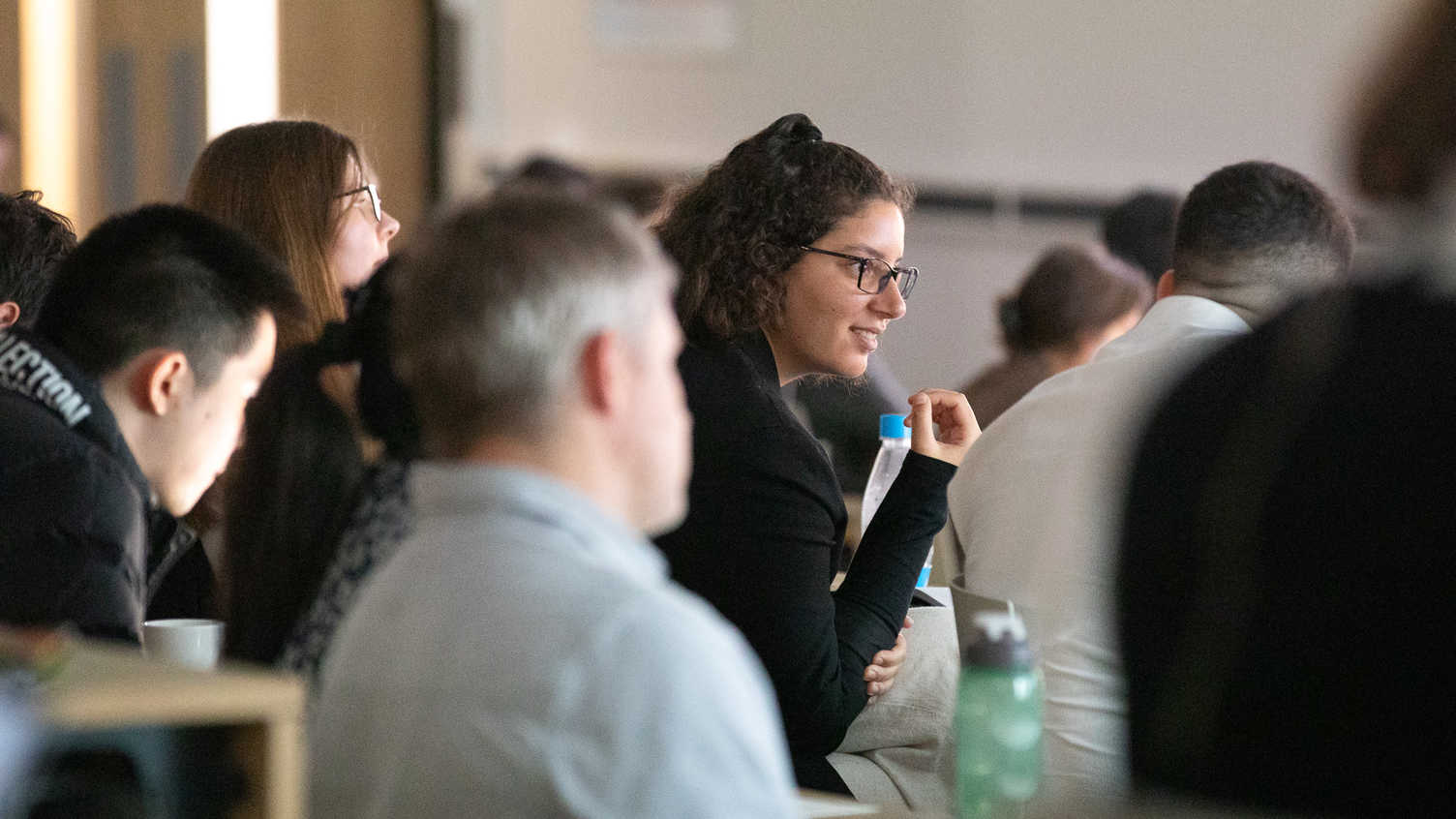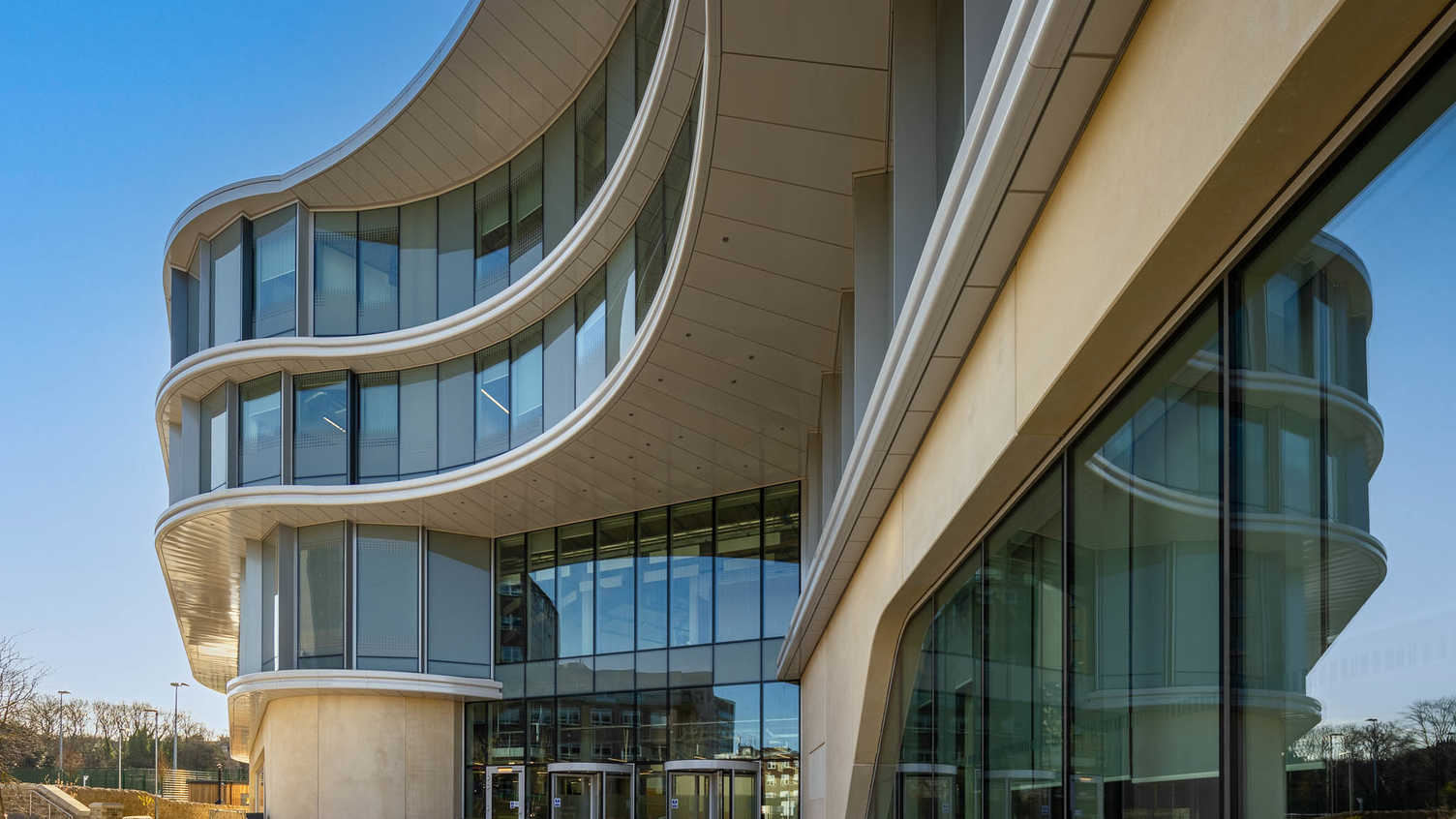Education Through the Eyes of Our Learners: Reflections from the Sheffield Education Conference 2025
This year’s Sheffield Education Conference, themed “Education Through the Eyes of Our Learners”, gave us more than food for thought — it gave us space. Space to reflect, to listen, and perhaps most importantly, to sit with uncertainty. It’s rare to have a day dedicated not to solving problems, but to better understanding the students who live with the systems we design. Here, Matteo Di Benedetti shares some of the emerging ideas.
Seeing AI Clearly (Or at Least, Less Blurrily)
If there was one theme that quietly threaded its way through multiple conversations, it was AI, not as a tool we might choose to engage with, but as a reality already embedded in our students’ daily lives.
I attended two student panels, one focused entirely on AI, and another as part of the closing plenary. Neither panel offered neat answers, but both posed thoughtful and sometimes challenging questions. Students spoke openly about their use of AI, not to shortcut learning, but to support it: checking work against rubrics, identifying weaker areas before submission, and refining ideas. I found that particularly striking. When used ethically and transparently, this could transform feedback from something that arrives too late to something students actively seek when it matters most.
As Michael Trikic observed, “Many students are regularly using AI to help with their work, and it is fast becoming part of how they learn.” This didn’t feel like a warning, but an invitation. If AI is already a companion in their learning journey, then perhaps our task is not to resist or regulate in haste, but to reimagine teaching in ways that integrate it meaningfully and ethically.
Hearing, Not Guessing
Another powerful thread was the chance to hear students reflect on their learning experiences
simply. While I’ve spent over a decade in Higher Education, I rarely have opportunities to hear, first-hand, what students value, worry about, or find difficult.
What stood out to me, and to others, was a sense of alignment. The fears they voiced, the moments they appreciated, the kinds of support they sought… it all reaffirmed that many of us are working in the right direction. It was a timely reminder that we don’t always need to guess what students want; we can ask.
Jenny Prisutova found inspiration in the wide range of sessions, and Matt Carre reflected on learning from cross-faculty approaches — a reminder that sometimes innovation begins by simply looking sideways.
Inclusion in Practice, Not Just Principle
For me, one of the most practically useful sessions was led by Matt Mears. While I may have taken a few liberties in how I interpreted his talk, it prompted an important question for my own teaching team: What do students need to know about our lab spaces before they walk in? What assumptions are we making about what’s “obvious”? What barriers might be invisible to us, but very real to them?
It’s these kinds of small-but-significant adjustments that can make learning environments more inclusive — and ultimately more effective.
A Space Worth Returning To
Conferences don’t always change practice. But they can spark something: a shift in mindset, a
conversation that lingers, a moment of recognition. This year’s conference felt like one of those moments.As I caught up with colleagues between sessions — something several participants appreciated — it was clear that the conversations weren’t just about sharing practice, but about reshaping it. Whether in AI, assessment, accessibility, or belonging, we’re navigating new terrain. And doing so with others makes all the difference.
Thanks to the Elevate team for organising an event that allowed such rich, honest, and practical discussions to take place.
A Final Thought
If students are already building new ways of learning with the tools available to them, are we ready to catch up?
Let’s keep the conversation going.

